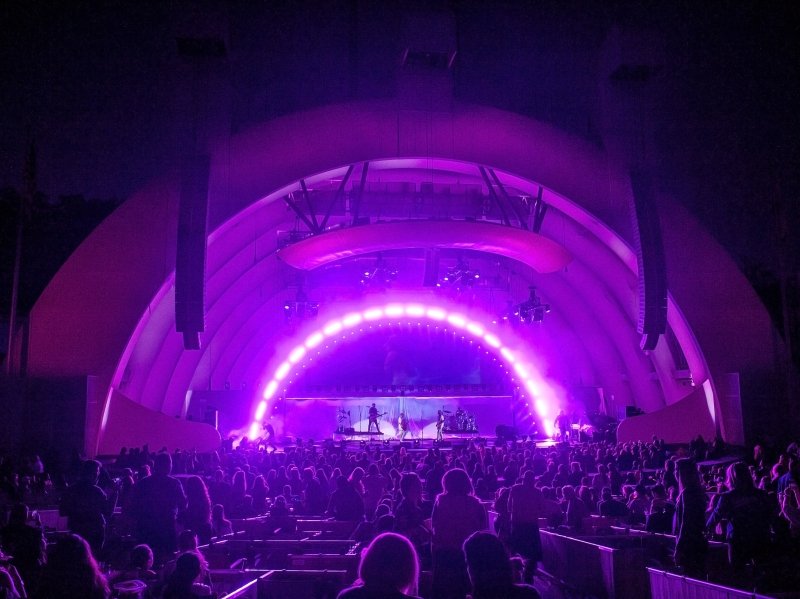December is a month filled with fine things and appreciation. You’ll find more than just Christmas and Hanukkah to celebrate during this month. The following list of December global holidays also includes Kwanzaa, Las Posadas, and Hanukah. Read on to find out more about these wonderful holidays! So, how do you celebrate each one? Read on to learn about the many traditions that make up these special celebrations.
Christmas:
If you are looking for information on the various December global holidays, then you have come to the right place. December is the month of festivities and excitement for all. December also marks awareness days and pagan celebrations around the world. It is a time to spend with family and enjoy delicious foods. These December holidays are a great way to start your vacation.
Boxing Day:
Boxing Day is another December global holiday. Celebrated on December 26, this holiday is the second most popular festival after Christmas. Many employers will give their employees a day off to celebrate this holiday, which is also a great reason to buy gifts. And don’t forget to give your employees thank-you cards, too. After all, you deserve it! It doesn’t hurt to thank your employees and co-workers on this special day.
Hanukkah:
During the holiday season, Jews light candles in their homes every night to celebrate the miracle of Hanukkah. The holiday is also known as the “Festival of Lights” and celebrates their heritage. Hanukkah Observance lasts eight nights, from the 25th of Kislev to the 20th. To celebrate, Jews light an extra candle on their menorah each evening. In addition to lights, Hanukkah celebrations include games, songs, and dances.
In the late 19th century, Hanukkah became more important to Jewish families, particularly those in North America. Secular Jews, like their secular counterparts, wanted a Jewish alternative to the secular Christmas and Hanukkah. In fact, historian Diane Ashton argues that Jewish immigrants to North America helped raise the profile of Hanukkah as a kid-oriented holiday. In this way, it mirrors the rise of Christmas in the early 1800s.
Las Posadas:
As part of the celebration of Christmas, December global holidays include Las Posadas, which recognizes the journey of Mary and Joseph during their search for shelter, during which they gave birth to Jesus. While they were experiencing difficulties, they eventually found a welcoming place that they could call home. This moment is commemorated with processions and mass services and is part of the Mesoamerican calendar. Traditionally, the celebration lasts from December 16 to December 24, but today, it is celebrated throughout the world.
This tradition originated in Spain and was brought to the Americas by Spanish colonizers. The events vary from multi-day celebrations to short ones, but they are still primarily religious events. Of course, visitors are welcomed to join in the festivities. Below, we’ll take a look at these December global holidays:
The festival of Las Posadas is the perfect time to travel abroad! Many Latin American countries celebrate Las Posadas as a way to honor the birth of the Christ Child. In addition, this Mexican holiday commemorates the story of Mary and Joseph searching for shelter in Bethlehem. It’s celebrated throughout the month of December and carries a religious and secular significance. Most notably, Las Posadas occur during the Christmas season.
The celebrations of these two major December Global Holidays have become an annual tradition. Beginning on December 16, Las Posadas involve nine daily parties called ‘posadas,’ a celebration that commemorates the journey of Mary and Joseph to Bethlehem. These festive celebrations include fireworks, church bells ringing, and traditional Christmas dishes. In addition, several complementary projects can be used to celebrate Las Posadas, including animal research and crafts.
Kwanzaa:
If you’re wondering how this holiday got its start, you’re not alone. This multiracial celebration was originally patterned after African harvest festivals and is a time to celebrate the importance of family. Families are our basic social unit, and we must be responsible to them for our survival. In ancient times, families were small, with one family or leader; in some tribes, an entire village might consist of a single family.
Although not officially a global holiday, Kwanzaa is celebrated by millions of people around the world. The holiday is observed by many in the U.S. and worldwide, including many black people. Most people will wear traditional African clothing, but the holiday is not confined to African Americans. The colors of the holiday reflect the Pan-African movement and represent black people, noble blood, and the rich land of Africa. Historically, the United States was the first country to officially recognize Kwanzaa in 1966. Though the holiday is still rooted in the African American community, many countries, including the UK and France, have begun to embrace it.
There are many symbols of Kwanzaa that symbolize its values. In many celebrations, participants are encouraged to use traditional African foods. Fresh fruits and vegetables are often featured in a display, as well as the Akaka, which represents African tradition and history. Corn, meanwhile, is a symbol of fertility, even if the couple doesn’t have children. In addition, the unity cup, a candle holder, and a Unity Cup remind participants of their ancestral roots in 55 African countries. The candles also represent the Seven Principles or principles of African liberation movements.
World AIDS Day:
Many people wear a red ribbon on their clothing as a symbol of HIV awareness and support for those living with HIV. Activists make their voices heard on issues regarding HIV/AIDS. Groups mobilize to raise funds and support communities. World AIDS Day events draw attention to the state of the epidemic and encourage awareness about the disease. World AIDS Day is celebrated worldwide. A look at some of the ways this global holiday is being celebrated around the world is highlighted below.
For decades, December 1 has been designated by the U.N. as World AIDS Day, a global holiday to raise awareness of HIV/AIDS and to provide aid to those affected by the disease. Despite recent progress, the world has failed to meet many important global targets. Disparity, inequality, and a disregard for human rights have allowed HIV to become a global health crisis. COVID-19 is exacerbating inequalities and disrupting services. In a statement, the U.N. is urging people to join the fight against HIV by making a donation or donating to a worthy charity.
UNAIDS is responsible for organizing World AIDS Day. Since 1995, the United States President and other heads of state have delivered keynote speeches on the day. The White House also displays the AIDS Ribbon on its building on World AIDS Day, a move that has gained global attention and raised awareness. Each year, UNAIDS develops specific themes for the day to highlight issues related to the disease. It is also important to note that brands will display advertisements on social media to promote their products.
Festivus:
In 1997, the TV show Seinfeld aired a special episode about Festivus, which was a worldwide holiday that started in Germany. It was meant to raise awareness about the excess materialism associated with Christmas and to protest the Christmas rush. Many people celebrate Festivus by standing with a plain aluminum pole, which represents a symbolic protest against the commercialization of Christmas. The festival is also a time to air grievances and express solidarity with those who are suffering.
The idea for a holiday began in Germany, where it was named after the German word for a feast in Latin. The first mention of the holiday in American culture is in the Seinfeld episode “The Strike.” However, the holiday has much more roots than just an old Seinfeld episode. The word “festive” was also derived from the Latin word for the feast and was later added to the English language to make it a worldwide holiday.
People from different countries celebrate Festivus by exchanging gifts and airing grievances. Traditionally, some regions use a Festivus pole as the Christmas tree. People exchange gifts with each other, and some families also have a Christmas dinner on the day of the festival. This holiday is a worldwide celebration and is celebrated in many countries. If you enjoy the traditions of the holiday, make sure to mark the date in your calendar.








Adventure Family Vacations - Picuki Time
July 27, 2022[…] in spectacular locations. With over ninety locations around the world, Exodus is the go-to name for environmentally responsible adventure holidays. Aside from their small group tours, the company also offers self-guided tours and tailor-made […]